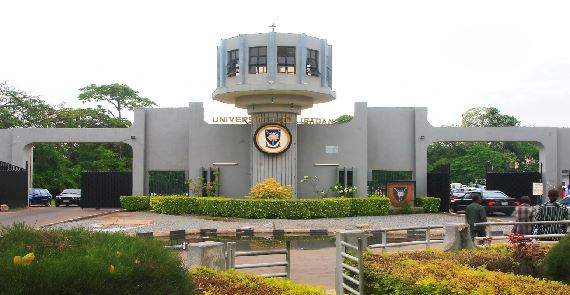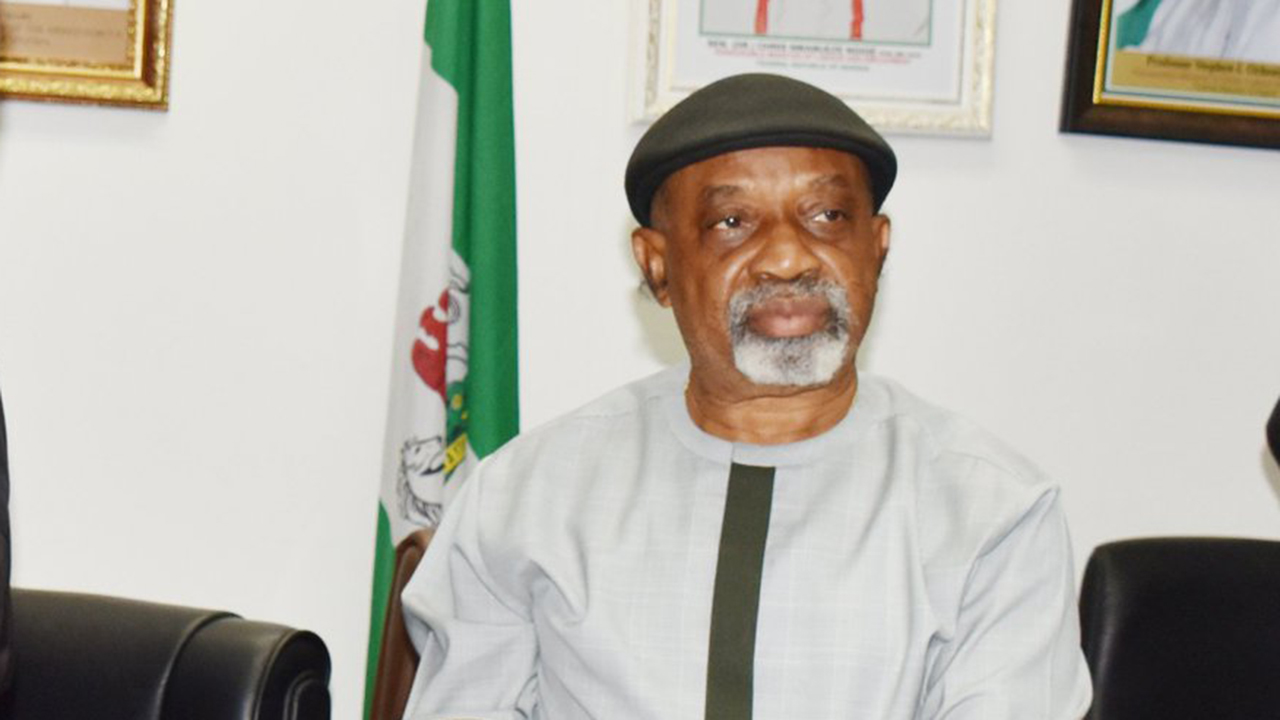The Federal Ministry of Education has signed a Memorandum of Understanding (MoU) with the Rural Electrification Agency (REA) under the Federal Government’s Energising Education Programme (EEP) to provide 24-hour electricity on campuses.
The signing ceremony took place at the solar-powered mini-grid site of the University of Abuja, one of the beneficiaries of the transformative initiative.
The ministry reaffirmed its commitment to advancing the transformative agenda through continued collaboration with the REA and institutional partners across the nation and beyond.
A key highlight of the event was the signing of a collaboration agreement between the REA and eight new universities under Phase IV of the EEP.
They include: University of Lagos (UNILAG); Obafemi Awolowo University (OAU); University of Nigeria, Nsukka (UNN); Federal University, Wukari; Ahmadu Bello University, Zaria; Federal University, Dutse; University of Benin (UNIBEN), and the University of Ibadan (UI).
Vice chancellors from the universities, except that of UNIBEB, were present at the event.
Speaking at the event, Minister of Education, Dr. Olatunji Alausa, stated that under the leadership of President Bola Ahmed Tinubu, the government remained fully committed to expanding human capital development through the provision of reliable and sustainable energy infrastructure in the education sector.
The minister said one of the President’s top priorities is ensuring 24-hour electricity supply to all federal and state-owned tertiary institutions.
Dr. Alausa announced that the Federal Government was constructing mini-grid systems, ranging from 1.1 to 12.5 megawatts across federal tertiary institutions.
“To date, 24 institutions have benefited from Pphases I to III of the programme. In line with the Renewed Hope Agenda, the ministry, through the Tertiary Education Trust Fund (TETFund), will support the construction of an additional four to six independent mini-grids, with capacities between two and 10 megawatts, in selected universities across the country,” he said.
Also, Dr. Alausa has said 24 federal institutions have been powered by solar energy under the “Energising Education Project” of President Tinubu’s administration.
The minister spoke yesterday in Abuja at the collaboration agreement signing ceremony with vice chancellors of beneficiary institutions, added that eight more universities have signed collaboration agreements to join the fourth phase of the project.
He described the project as a “new day for Nigeria”.
hailed the transformative initiative under the Tinubu administration, aimed at providing uninterrupted power supply to federal tertiary institutions.
The minister said the projects had wide-reaching benefits for education and the economy.



